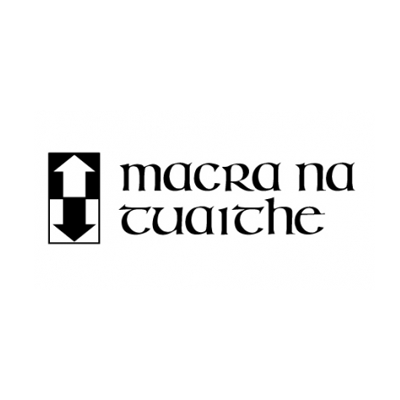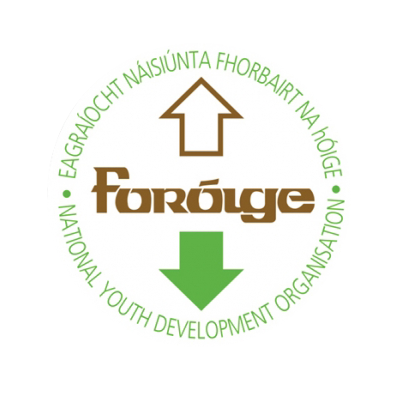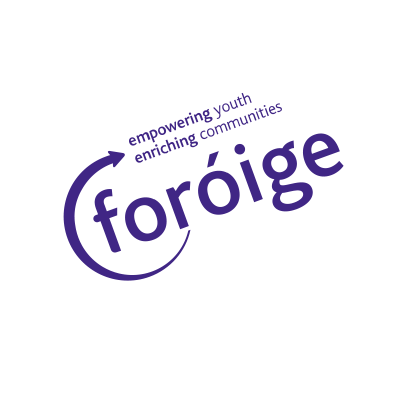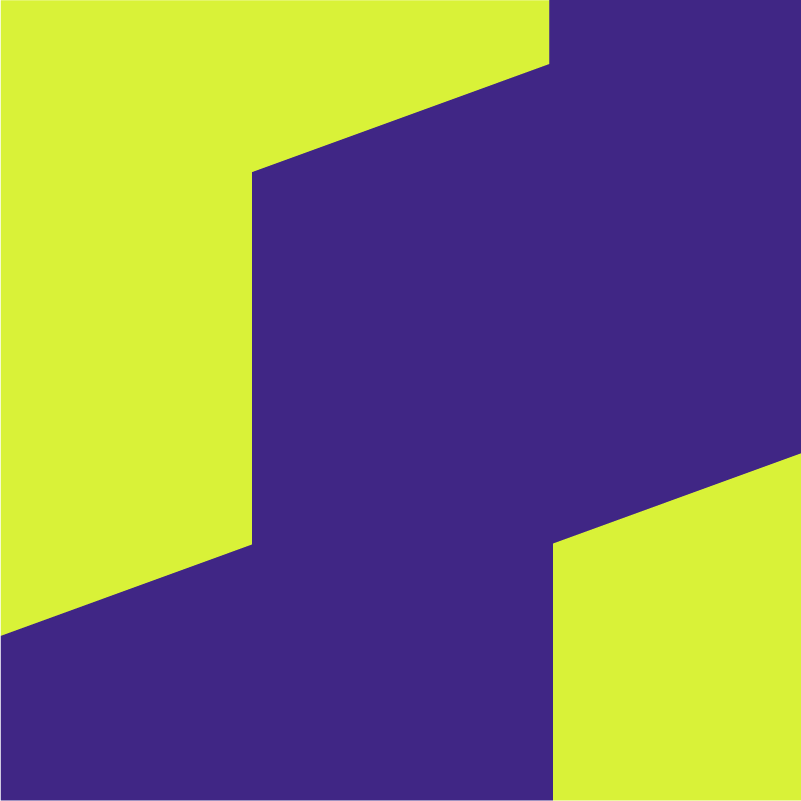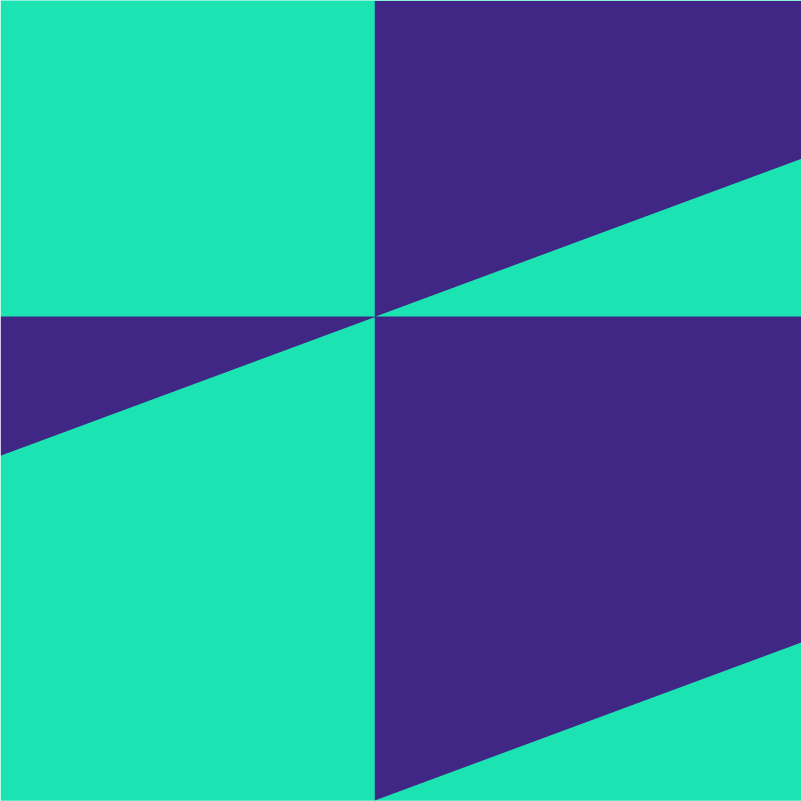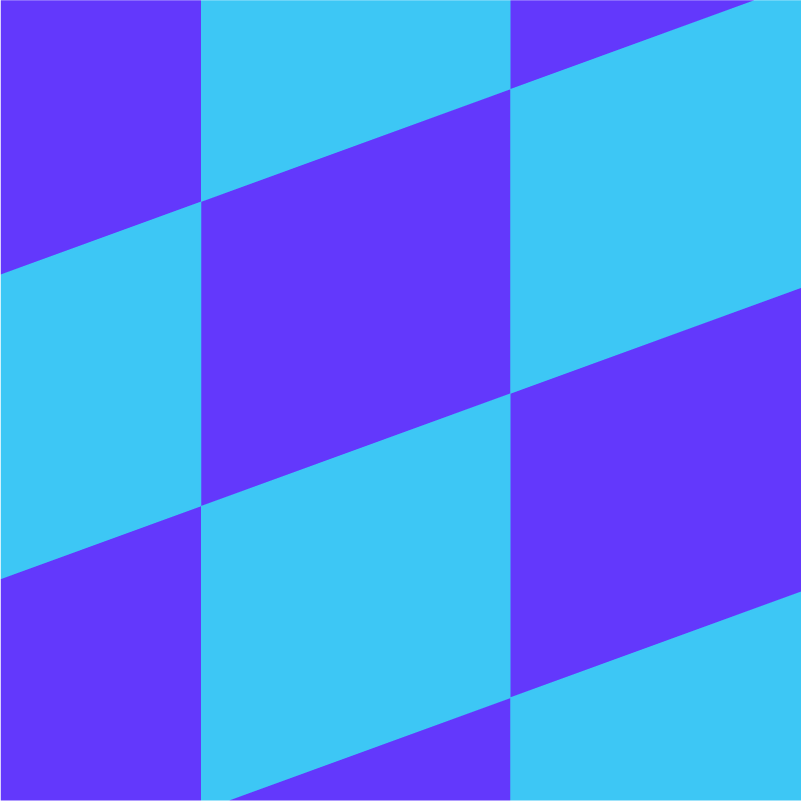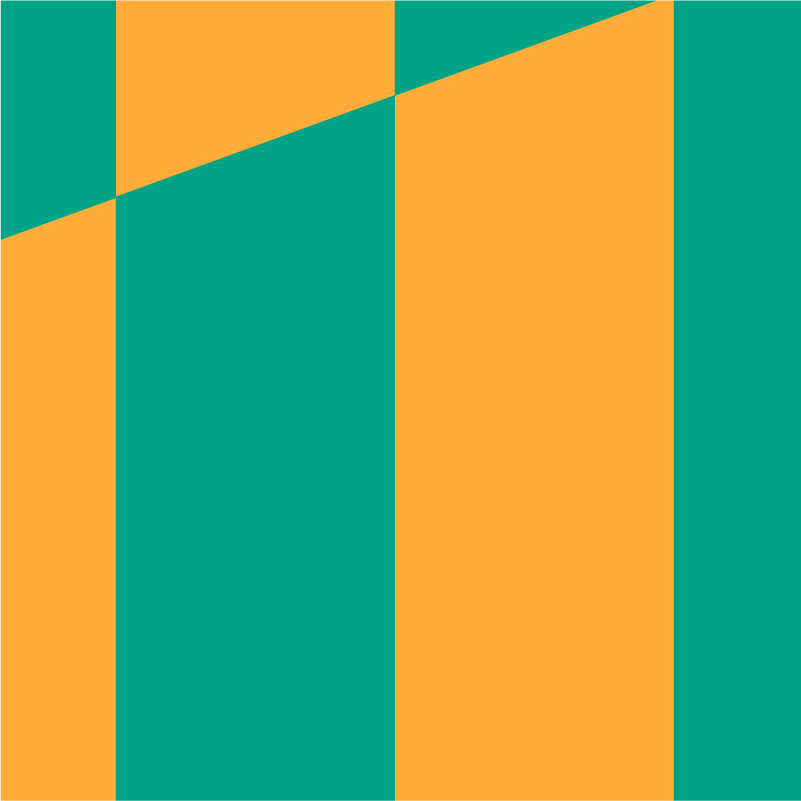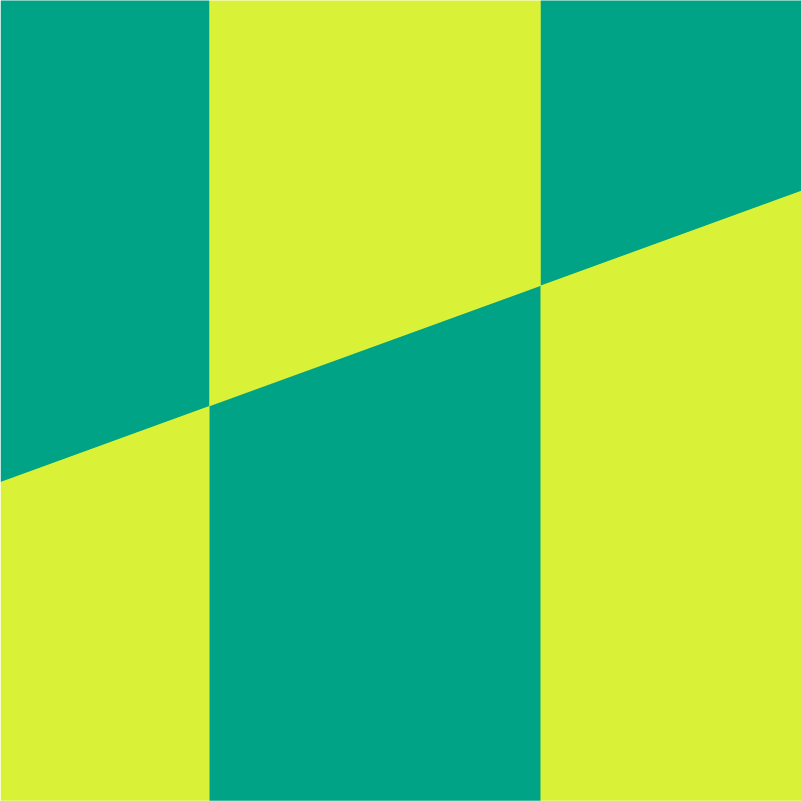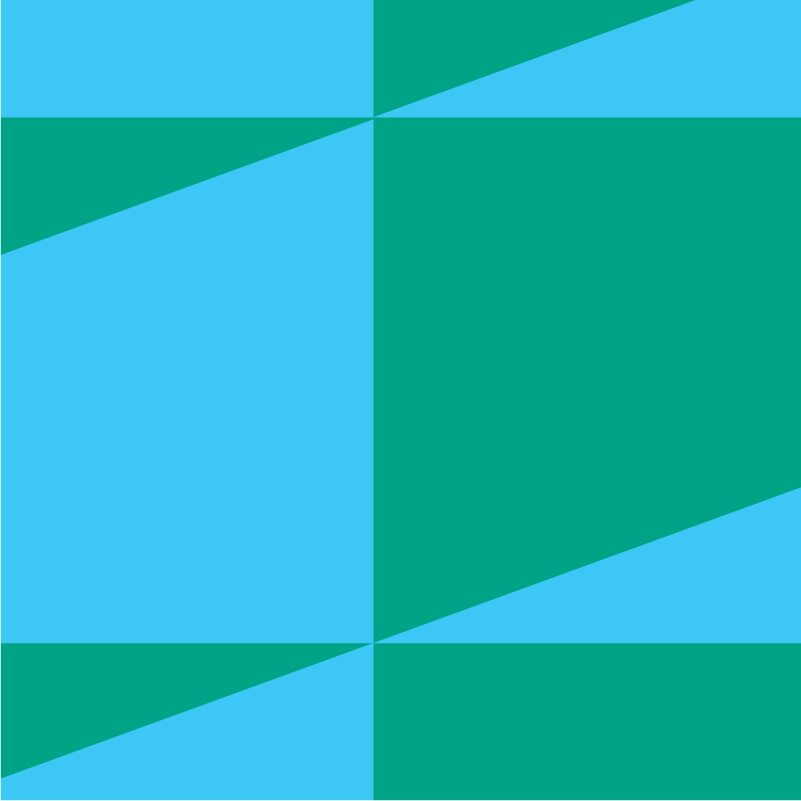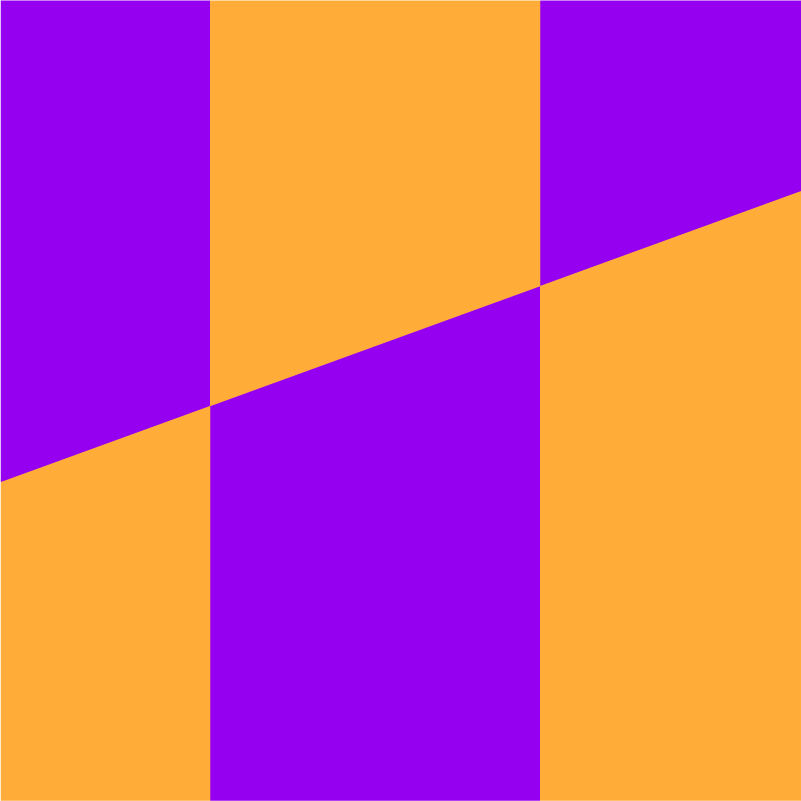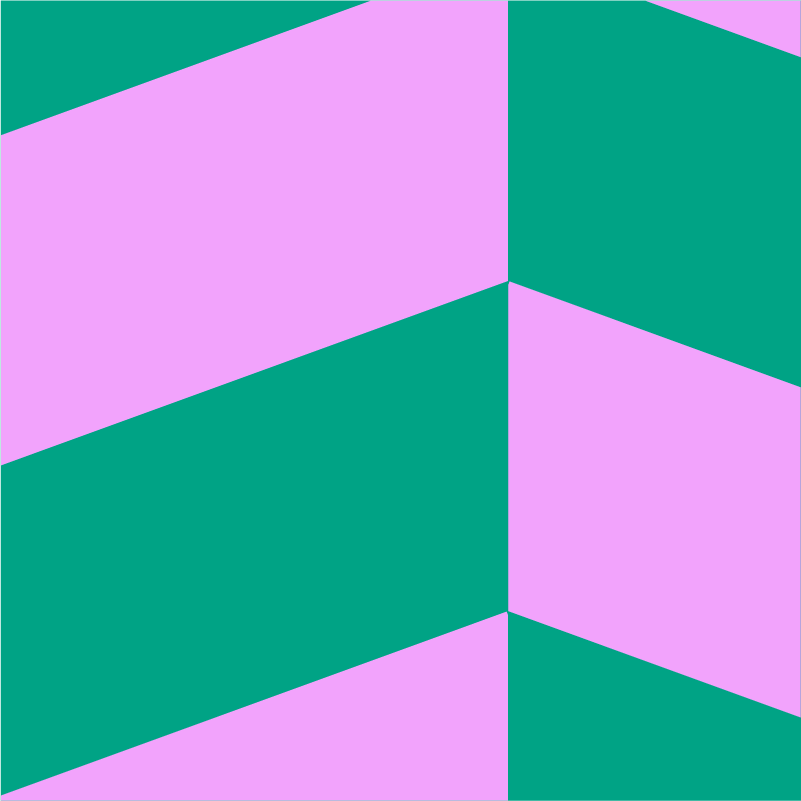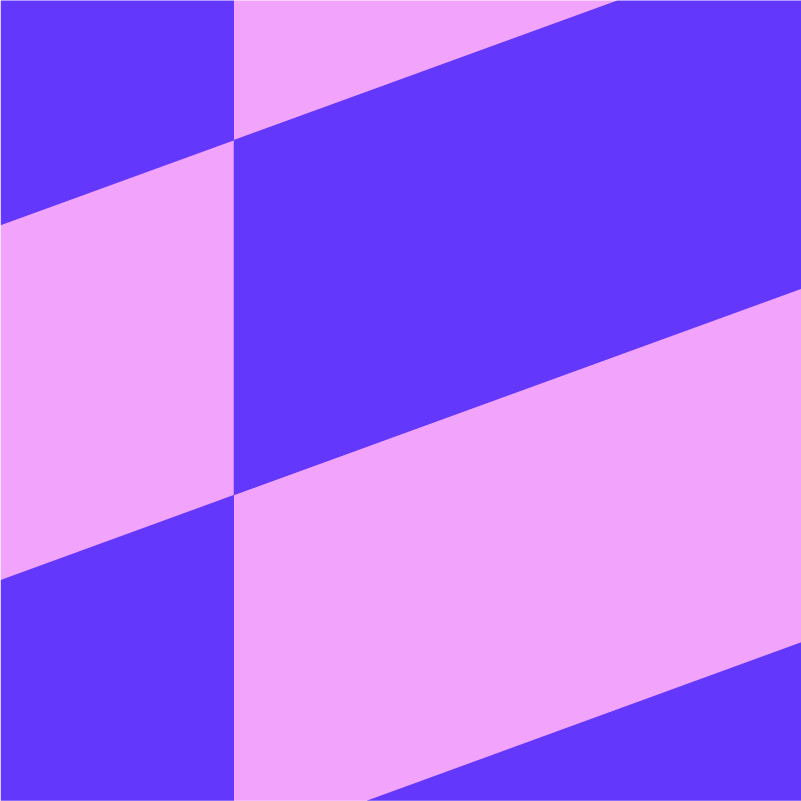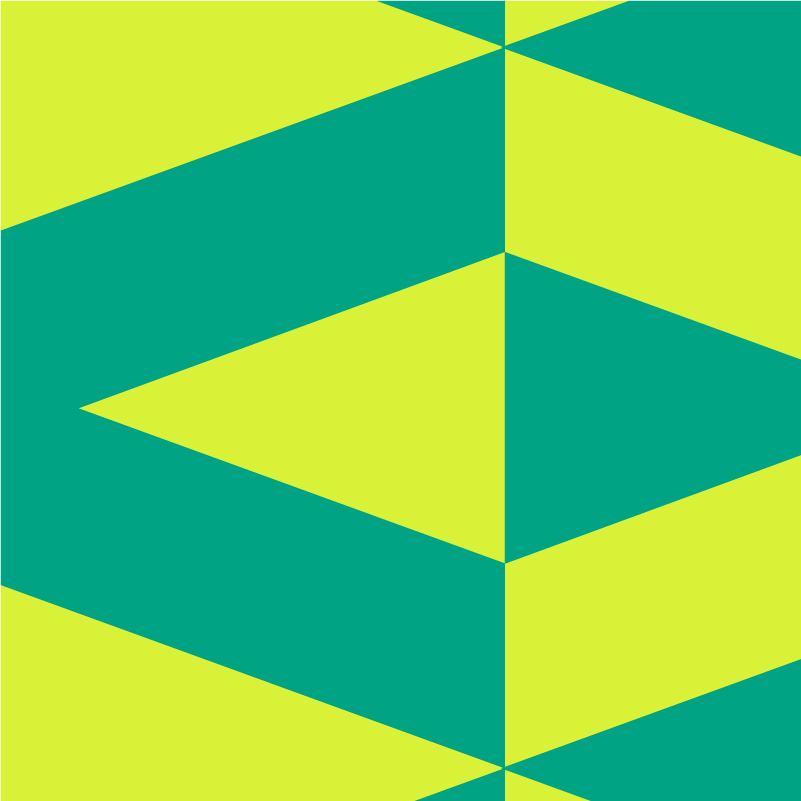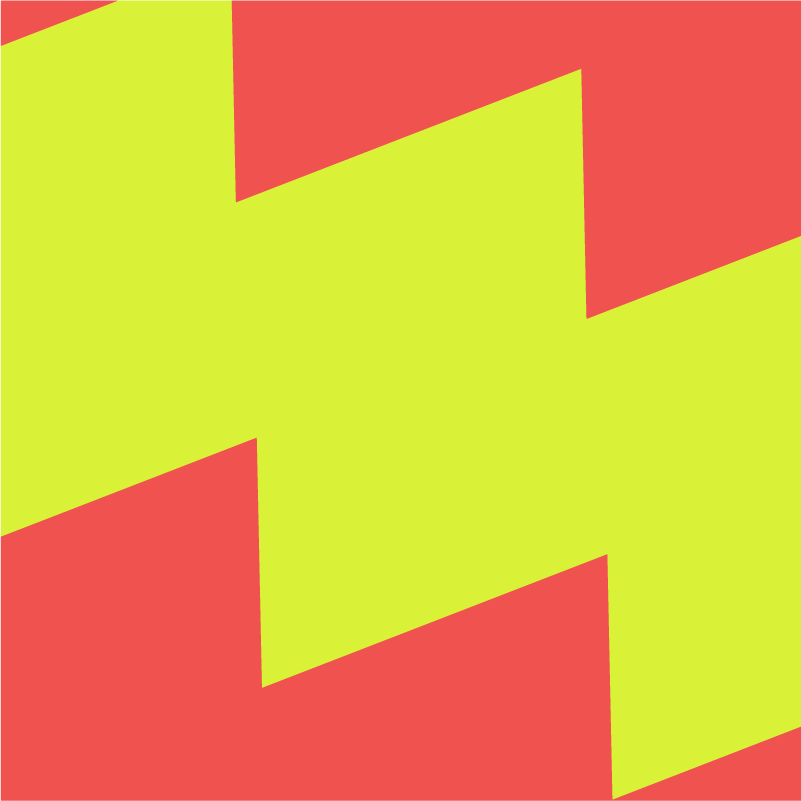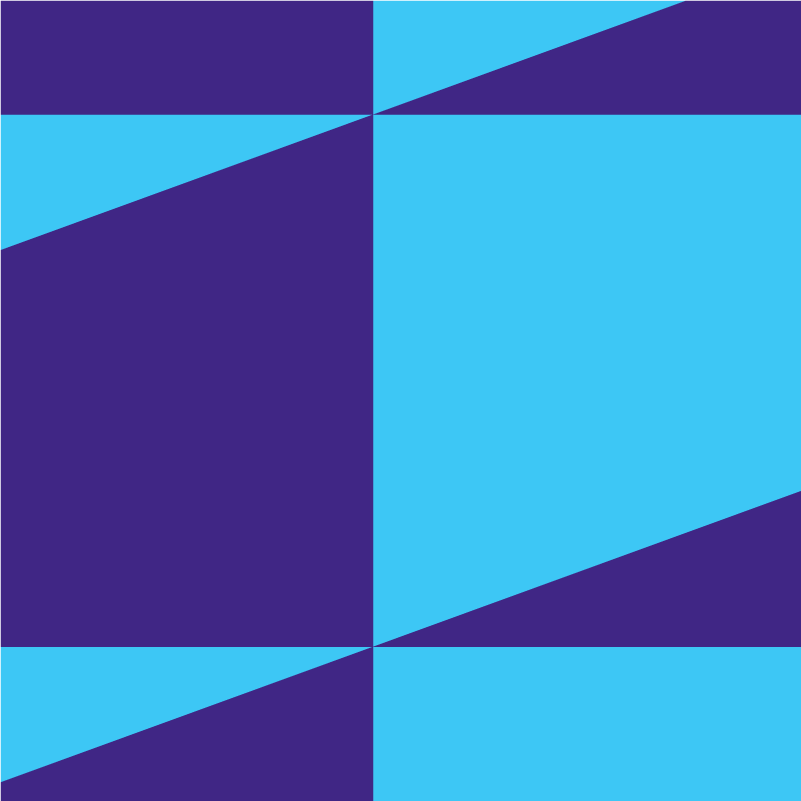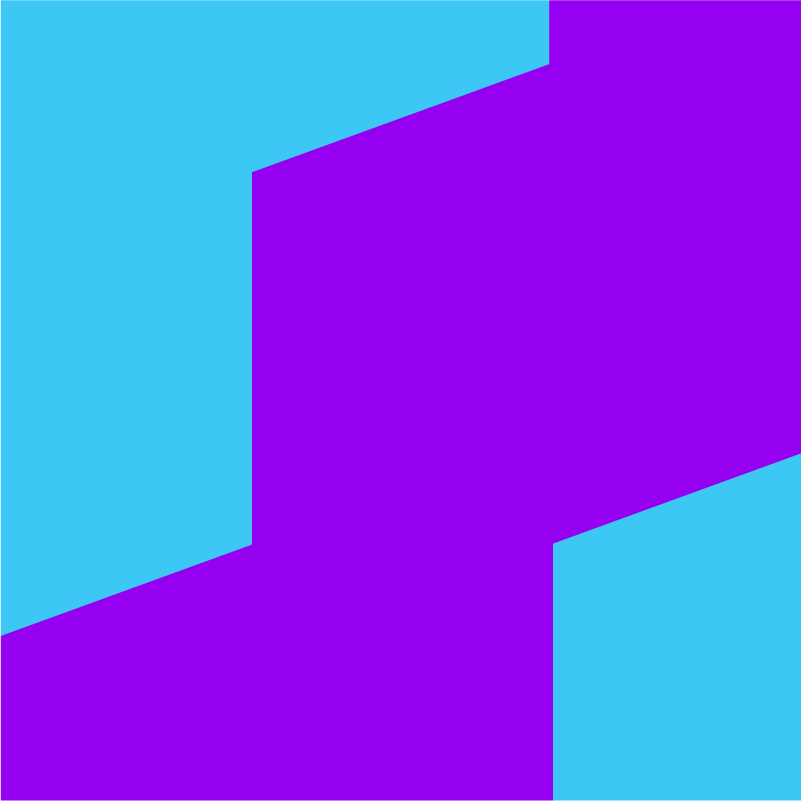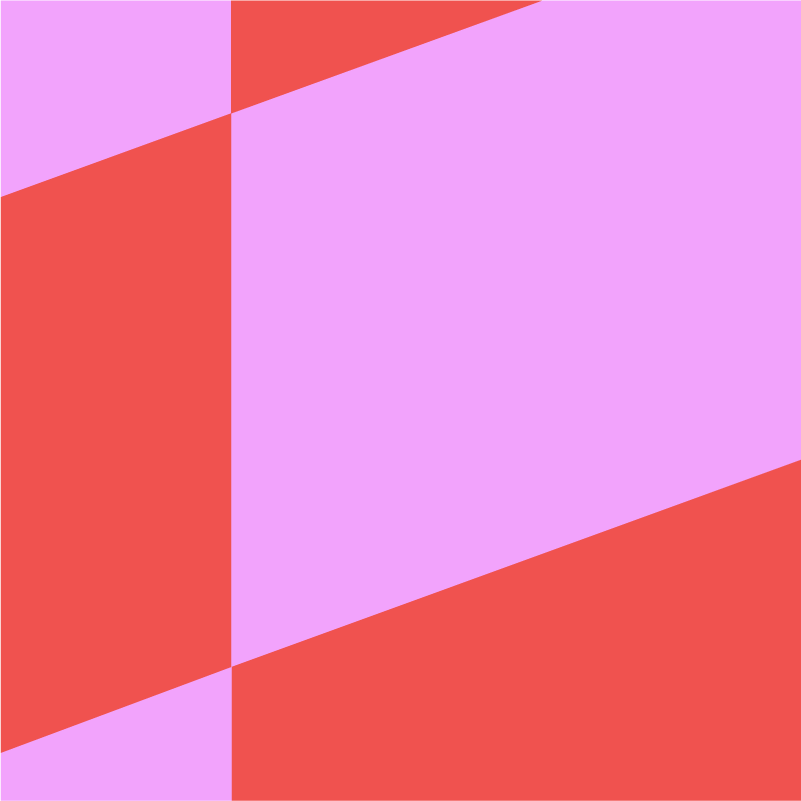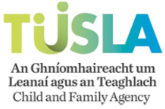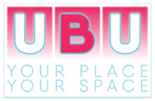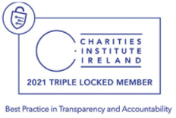Forbairt na hóige = Development of Youth
For + óige = Foróige
A beginning with purpose.
The first Foróige Club – then called Macra na Tuaithe – is founded in Mooncoin, Co. Kilkenny on March 14th.
Momentum grows.
Twelve pilot clubs unite under Macra na Tuaithe, embracing the 4H principles of Head, Heart, Hands, and Health, rooted in empowerment and ‘learning by doing.’
Backed to grow.
The organisation is awarded a five-year development grant from the WK Kellogg Foundation, laying the groundwork for nationwide expansion.
The State steps in.
Foróige receives its first funding from the Department of Education, a milestone in the recognition of youth work as a valuable part of education.
A new era of learning.
Foróige expands its educational programmes, introducing Citizenship, Family & Life Skills, Science, and more, pioneering a fresh approach to non-formal education.
Youth work as education.
Michael Cleary becomes CEO and appoints six Regional Youth Officers, making Foróige the first organisation in Ireland to clearly define youth work as an educational practice.
Youth work takes its place.
The Government increases funding to the organisation and for the first time recognises that youth work is an integral part of the national education system.
A name for the future.
Macra na Tuaithe becomes Foróige, the National Youth Development Organisation, reflecting its growing reach across rural and urban communities alike.
Breaking new ground.
Foróige partners with An Garda Síochána to launch one of Ireland’s first Garda Youth Diversion Projects, guiding young people away from crime and towards opportunity.
Opening the conversation.
Foróige launches a dedicated sexual health programme, taking bold steps to empower young people to build positive and healthy relationships at a time when open conversations like this were far from the norm.
Mentoring that matters.
The internationally renowned Big Brother Big Sister programme is brought to Ireland by Foróige, forging connections that change lives.
A digital first.
Foróige opens the first Computer Clubhouse in Europe with funding from Intel, pioneering the role of technology in youth work and recognising early that digital skills would be key to young people’s futures.
A space of their own.
In partnership with the HSE, Foróige establishes The Gaff, Ireland’s first dedicated youth café, in Co. Galway.
New leadership.
Seán Campbell is appointed CEO, beginning a 22-year tenure that would see Foróige expand its reach, sharpen its focus, and deepen its impact nationwide.
Investing in excellence.
Atlantic Philanthropies funds the establishment of a Best Practice Unit in Foróige, supporting the creation of a world-class suite of youth programmes grounded in evidence and impact.
A global voice for youth.
Foróige is named a partner in the UNESCO Chair in Children, Youth and Civic Engagement, the first of its kind in Ireland.
Capacity for change.
The One Foundation invests significantly in Foróige’s infrastructure and systems, accelerating the organisation’s ability to scale, adapt, and lead.
Celebrating six decades of impact.
Foróige marks 60 years of youth development and merges with Cork-based organisation Ógra Chorcaí, strengthening its reach even further.
A stronger voice for volunteers.
Foróige transitions from an association to a company limited by guarantee, creating a more inclusive and representative structure for volunteers and young people across the organisation.
Recognition from Europe.
Foróige is awarded the prestigious European Citizen’s Prize, honouring its outstanding contribution to democracy, solidarity and youth engagement.
Foróige goes international.
The first Foróige Clubs are established in the United States, led by Irish communities eager to bring the model abroad.
Youth voices at the heart.
Foróige expands youth participation structures, ensuring young people have a formal role in shaping organisational strategy, programmes, and national advocacy work.
Learning through uncertainty.
In response to the COVID-19 pandemic, Foróige rapidly adapts its programmes for online and blended delivery, continuing to reach thousands of young people and keeping connection and support at the core of its work.
The future, now.
Foróige Go is launched – a new umbrella for all of Foróige’s digital and tech programmes, equipping young people with digital skills for what’s now and next.
A lifetime of dedication.
John Sullivan becomes the first recipient of Foróige’s Honorary Lifetime Membership, celebrating over 60 years of volunteer service in Kilkenny.
